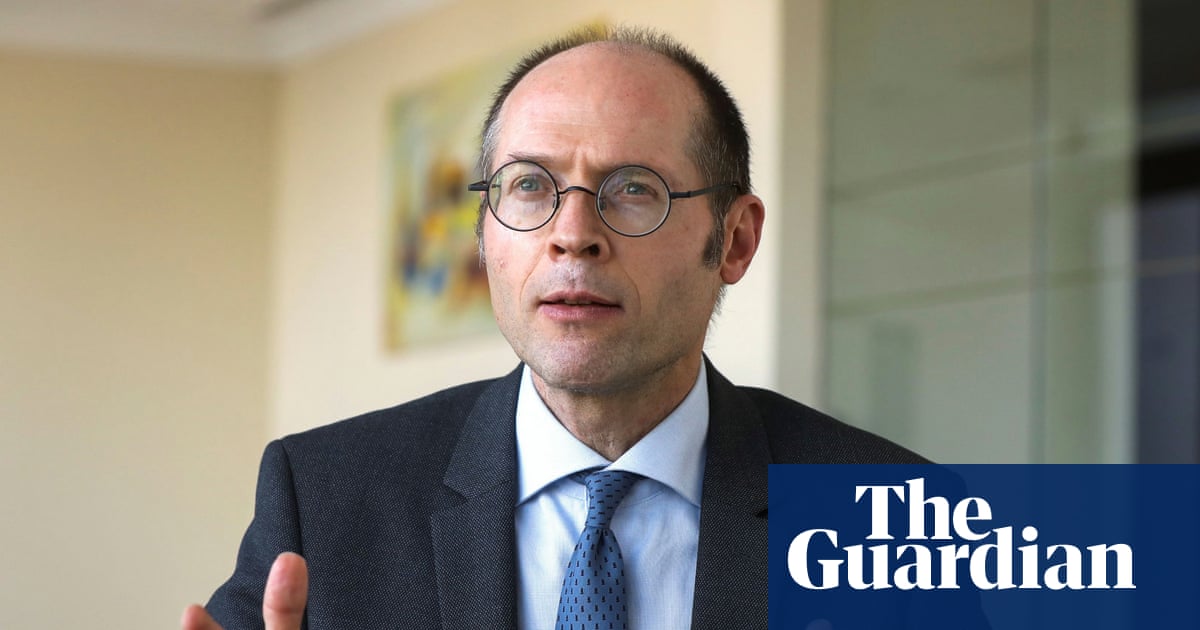Cancer patients should have the legal right to be treated within two months, even if that means the NHS has to pay for them to be treated privately or abroad, according to international experts.
Writing in the Lancet Oncology, they say cancer patients should have the legally enforceable entitlement to be treated within 62 days of an urgent referral by a GP.
This would bring the UK in line with Denmark, where cancer patients already have a statutory right to timely treatment.
International research shows that every four weeks of delay in cancer treatment increases the risk of death by up to 10%. But the NHS has not met its target for 85% of cancer patients to start treatment within 62 days since December 2015.
The authors argue that without legal rights in the UK, the government’s forthcoming national cancer plan risks being a paper exercise that will fail to get the UK off the bottom of cancer survival league tables.
“The concern is that the [cancer plan] will be a consensus plan to appease multiple stakeholders, rather than to provide radical, accountable, independent leadership,” the Lancet paper concludes.
Statutory rights to timely treatment would cut waiting lists and improve survival rates, the experts argue. Eduardo Pisani, a co-author of the paper and chief executive of All.Can, a global nonprofit that aims to improve cancer care efficiency, said: “International evidence shows that strong cancer plans, supported by legal rights, ensure patients have guaranteed access to timely, high-quality care. This protection promotes early treatment, reduces inequalities and ultimately improves health outcomes.”
Since 1999, a cancer patient in Denmark has the right to start treatment within 28 days of being referred, and within a maximum of 14 days of consenting to the treatment. Five-year survival rates for some cancers are among the best in Europe, with minimal waiting lists.
Mark Lawler, a professor of digital health at Queen’s University Belfast, chair of the International Cancer Benchmarking Partnership and joint lead author of the paper, said introducing legal rights for cancer patients like Denmark would mean “if UK cancer patients cannot be treated at their own hospital within 62 days, the NHS would have to pay to treat them at another NHS hospital, privately or in another country”.
“This fundamental contract between patients and the NHS must be explicit, with patients able to seek legal redress for any breaches.”
As well as the right to be treated within two months, patients should have the legal right to be given a designated named cancer professional to oversee their care, and after successful treatment they should be legally entitled to be forgotten. The law, already in place in nine European countries, means that five years after successful treatment, patients would not have to reveal their previous cancer diagnosis. Insurers and mortgage providers would be prohibited from asking for or accessing this information, ensuring patients are not discriminated against and charged more because of their previous diagnosis.
Cary Adams, the chief executive of the Union for International Cancer Control, said: “Cancer plans recognising the rights of all people living with cancer to receive the treatment they need when they need it are essential in every country. Time and time again, we see governments struggle to respond to cancer in their country without a robust, well-funded plan, resulting in the unnecessary loss of people’s lives and trauma to their families.”
A Department of Health and Social Care spokesperson said: “This government is committed to transforming cancer care following years of neglect.
“We are determined to ensure patients get timely diagnoses – that is why we have introduced Jess’s rule, requiring GPs to reconsider cases where symptoms escalate or no diagnosis emerges after three appointments.
“We are also cutting waiting times for cancer care, diagnosing or ruling out 135,000 more cancer cases this year, building more community diagnostic centres, offering evening and weekend appointments and spending £70m on new radiotherapy machines to get patients faster access to the tests, checks and scans they require.”

 3 months ago
103
3 months ago
103

















































